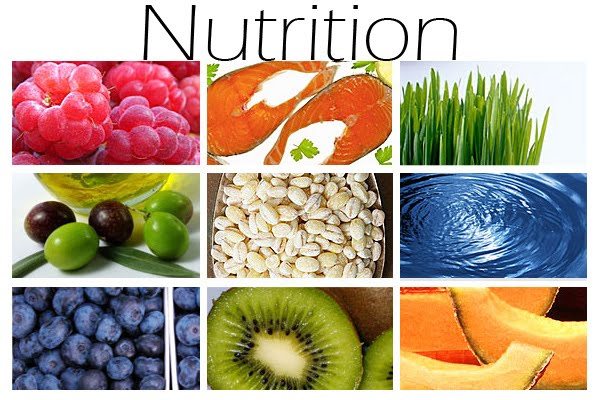A recent article in the Huffington Post exposes an alliance between the American Academy of Family Physicians and the Coca-Cola Company that has caused some uproar amongst the health community. Why would a seemingly good business decision that appears to support the AAFP be a problem? Perhaps it's the message that such a partnership exhibits to the American consumer. This move by the AAFP could be construed as an endorsement to drink Coca-Cola products. Inevitably, this alliance would also result in advertisement and marketing for Coca-Cola on AAFP website, marketing material, etc. But again we ask, "what's wrong with that?"
Reasons To Not Drink Soda
In spite of what you may have heard or seen on television, soda pop in most cases is not a healthy drink. Though this fluid is primarily comprised of water, it has been tainted with a slew of chemicals and additives that render it nutrient-free.
What is in a soda? Although the different brand sodas have unique ingredient mixes to create each unique flavor, there are some components that are common that can be discussed here. First of all, most sodas are now sweetened with high-fructose corn syrup (HFCS). HFCS has a myriad of health concerns attributed to it. First, it has been found to contain traces of mercury. It is well known that mercury can be very toxic and can damage the brain and kidneys. Though the amounts found in HFCS have been small so far, it is not certain whether these levels are safe for consumption in the long run. HFCS is also known to contribute to diabetes and heart disease. Any form of refined sugar, including HFCS, can have a dramatic impact on the immune system for hours after consumption and can also decay one's teeth. And finally, HFCS is derived from genetically modified corn, which carries with it its own group of related health problems, some of which we have yet to learn since it's a fairly new product.
As if HFCS wasn't enough of a problem, there are several other concerns to address. Sodas are also high in phosphorous and caffeine, both of which can contribute to bone loss by leaching the body of precious calcium deposits. Growing children who drink a lot of soda may be stunting their growth and inhibit their developing bones. Caffeine is purposely added to cause addiction to drinking soda. It is also a diuretic that when overused may be dehydrating to the body.
The U.S. Food and Drug Administration has reported high levels of cancer-causing benzene when testing several sodas on the market. Benzene is formed when the ingredient sodium benzoate found in sodas is combined with vitamin C. New research links sodium benzoate consumption to cirrhosis and cancer.
There are other health concerns that have been suspected to be linked to drinking too much soda pop like infertility, Alzheimer's (from the aspartame in diet sodas), and so on. However, as we have just discussed, there is more than enough evidence to cause a concern to those who take responsibility for their health and wellness.
Alternative Beverages That Are Healthy Options
It is important to learn how to read labels and determine healthy drink options. The list of ingredients above can help one avoid some of the dangers associated with drinking soda. But there are many healthier beverages available to substitute for soda. Pure (100%) fruit juice, though high in natural sugar, can be used to sweeten and flavor mineral water. Coconut juice (or coconut water) that has no sugar added is naturally high in electrolytes. It has been called "nature's best sport drink." The vitamin rich kombucha tea has become increasingly popular as a healthy beverage. It has several health benefits associated to its consumption, like healthy digestion, as well as immune boosting and detoxifying effects. There are healthier versions of soda pop in markets like Whole Foods that may be missing the above ingredients, but one would have to be careful in looking over the labels to ensure they are not hidden in there somewhere.
Return to Health
The United States is clearly exhibiting the results of decades of eating a diet low in nutritional value. Families and individuals must take immediate action in lifestyle to foster prevention and reversal of degenerative disease. To begin, there is a dramatic need for education and awareness of the issues influencing the health of our families. Teach your children to reach for the healthier choice when they open the refrigerator by teaching them about their health and growing bodies.


